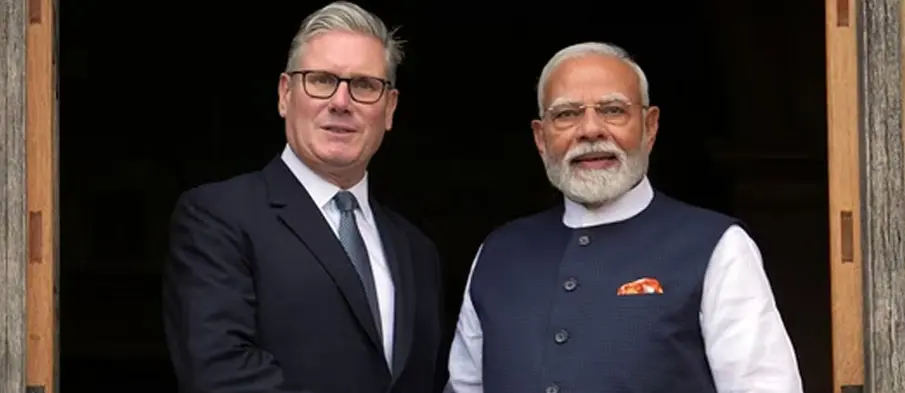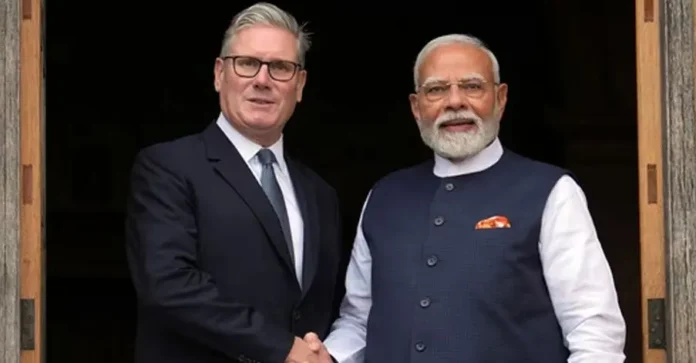
In a landmark development for India’s IT and electronics sectors, the India-UK Free Trade Agreement (FTA) introduces a three-year exemption from social security contributions for Indian professionals temporarily posted in the UK. This provision is expected to benefit approximately 75,000 Indian workers and over 900 employers, primarily from the IT industry—where the UK ranks as India’s second-largest export destination.
The exemption, enabled under the Double Contribution Convention (DCC), allows Indian and UK companies to sidestep mandatory social security payments for employees on assignments lasting up to 36 months. For Indian IT giants like Tata Consultancy Services and Infosys, this move significantly reduces operational costs and removes the burden of dual contributions. It also allows companies to more flexibly deploy talent for onsite UK projects, enhancing agility and responsiveness.
With the UK accounting for 17% of India’s IT exports, this shift offers both financial relief and strategic operational leverage, giving Indian firms a sharper competitive edge in the region. The agreement further underscores India’s growing stature as a trusted global technology partner.
In addition to talent mobility, the FTA delivers a strong impetus to Indian electronics exports. Products such as smartphones, optical fiber cables, and inverters will now enjoy duty-free access to the UK market. This tariff elimination is expected to boost shipments and strengthen India’s position in one of the world’s most technology-driven markets.
Industry experts believe the zero-duty access will make Indian electronics more cost-competitive, fostering stronger trade ties in advanced hardware segments. Strategically, the agreement secures near-term economic advantages while reinforcing India’s role in global technology and electronics supply chains.
By easing cross-border movement of services and goods, the India-UK FTA marks a significant evolution in bilateral trade relations—offering Indian companies a dual advantage: reduced cost of doing business in the UK and expanded access to a high-value, tech-savvy export market.





